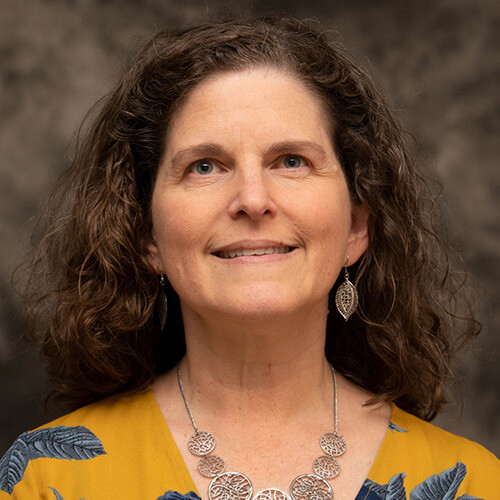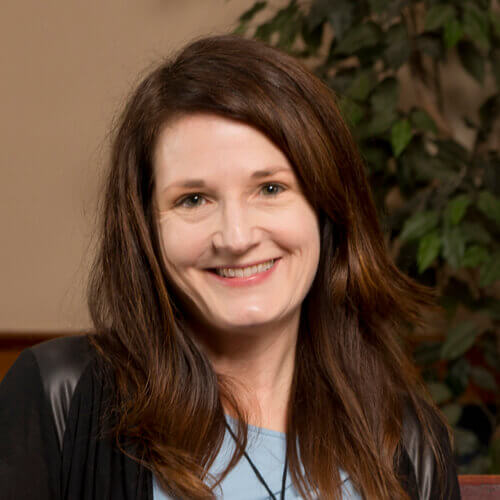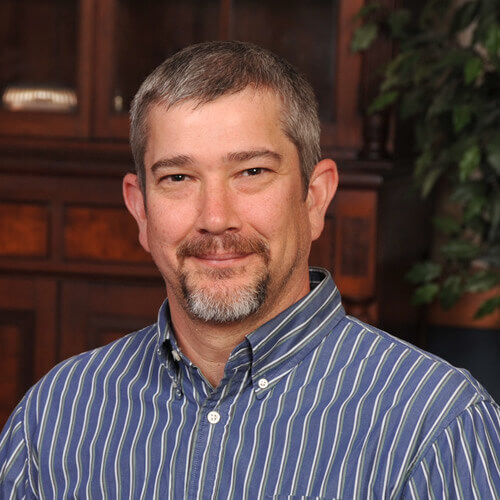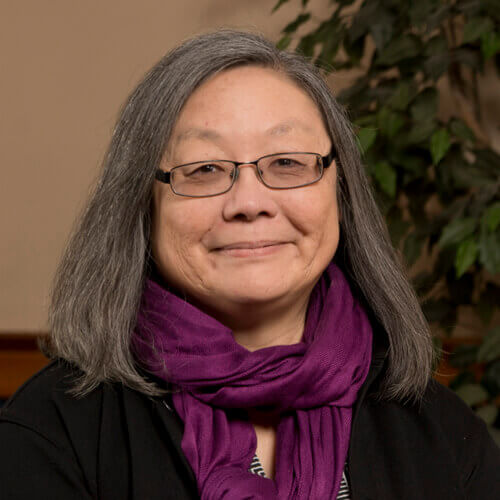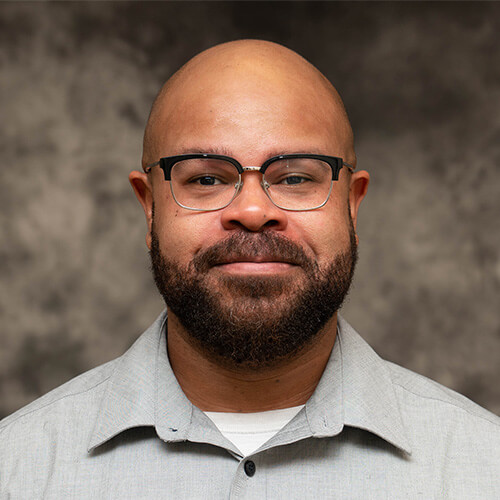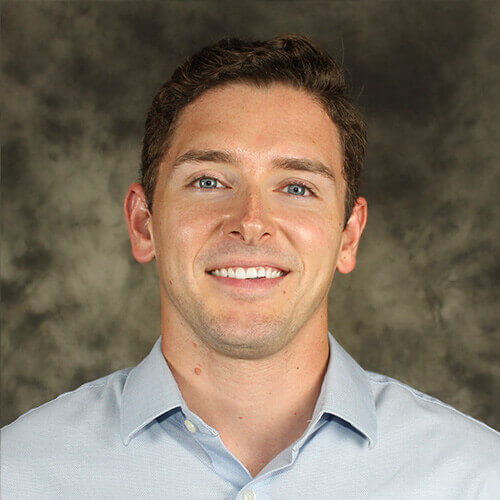Why study Psychology at MC?
Why do people do the things they do? How do children learn and develop? How does prejudice form, and under what circumstances are people more likely to help one another? These are just a sample of questions that the field of psychology attempts to answer. The Major in Psychology offers a broad foundation for the understanding of behavior and mental processes. With a focus on human behavior and cognition, students in the major gain an understanding of individual differences, group behavior, and the impact of environmental and social factors. We provide students with the tools necessary for scientific study of behavior and the ability to concentrate the coursework in areas of particular interest, while getting the necessary breadth in social, cognitive, developmental, and clinical areas.
Counseling
The Major in Psychology-Counseling is designed to provide students with coursework related to the helping professions as well as a firm foundation in the science of human behavior. Courses related to the counseling field, including Counseling, Abnormal Psychology, Theories of Personality, Group Facilitation, and Sociology of Marriage and Family, are related in the major. Students in this major are well prepared for graduate programs in clinical psychology, counseling, social work, school counseling, marriage and family therapy, and related fields. Graduates are also ready to directly enter the workforce and be employed by a wide variety of social service organizations and programs that serve children and families, individuals with substance abuse problems, victims of domestic violence, individuals with chronic mental illness, and others.
Psychology is the scientific study of behavior and mental processes. The Major in Psychology provides the student a broad curricular experience in psychology as preparation for graduate school. The Major in Psychology Counseling specifically prepares students for graduate programs in a wide variety of counseling fields. For students who do not plan to go beyond the B.A. degree, the psychology curriculum is useful preparation for any career in which the understanding of individual and group behavior would be beneficial. Major requirements for Child Development and Learning may be found under its own listing.
Meet a Current Scot
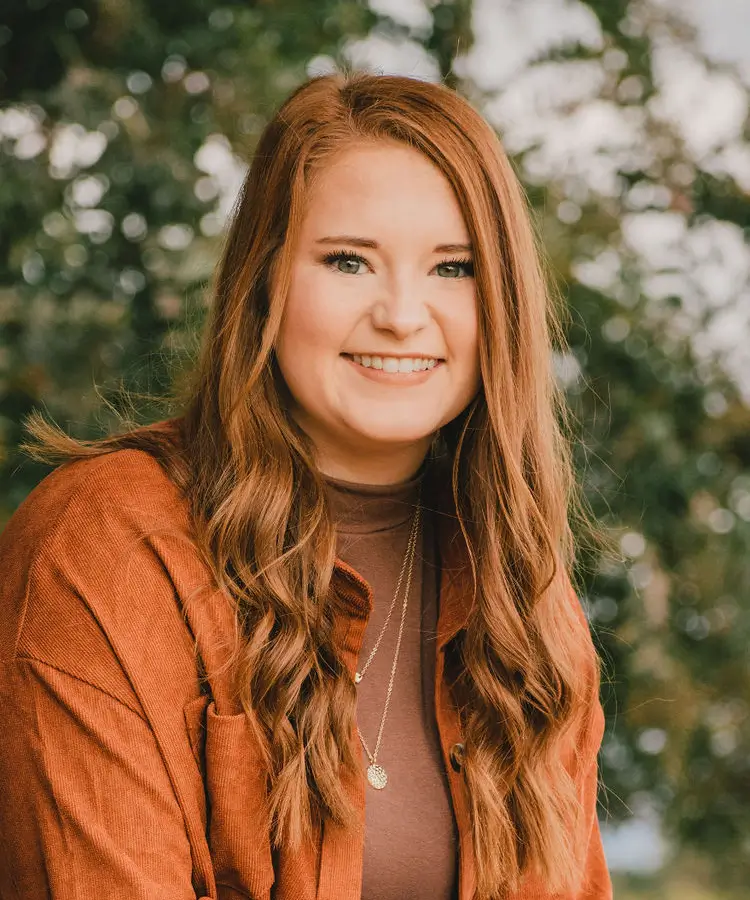
Savannah Mahery
Hometown: Sweetwater, Tennessee
A study of the Holocaust in 8th grade influenced Savannah’s career aspirations. “I remember asking myself ‘How could someone do that to other people?,’ and that sparked an interest in mental health and criminal justice,” she said. “It sparked a passion to grow to be an advocate for people who are in the criminal justice system suffering from mental illness, as well as the ones who have been a victim to those who are suffering from mental illness.”
With a major in Psychology and a minor in Criminal Justice, she plans to eventually pursue a doctorate in Clinical Psychology, but her interest in Forensic Psychology is strong. Her Senior Study explores this emerging field, and she is vice president of the MC Crime Talk Club. Thanks to classroom preparation and faculty encouragement, she landed an internship with a forensic neuropsychologist that allowed her to directly work in her field of interest.
Meet a Recent Grad
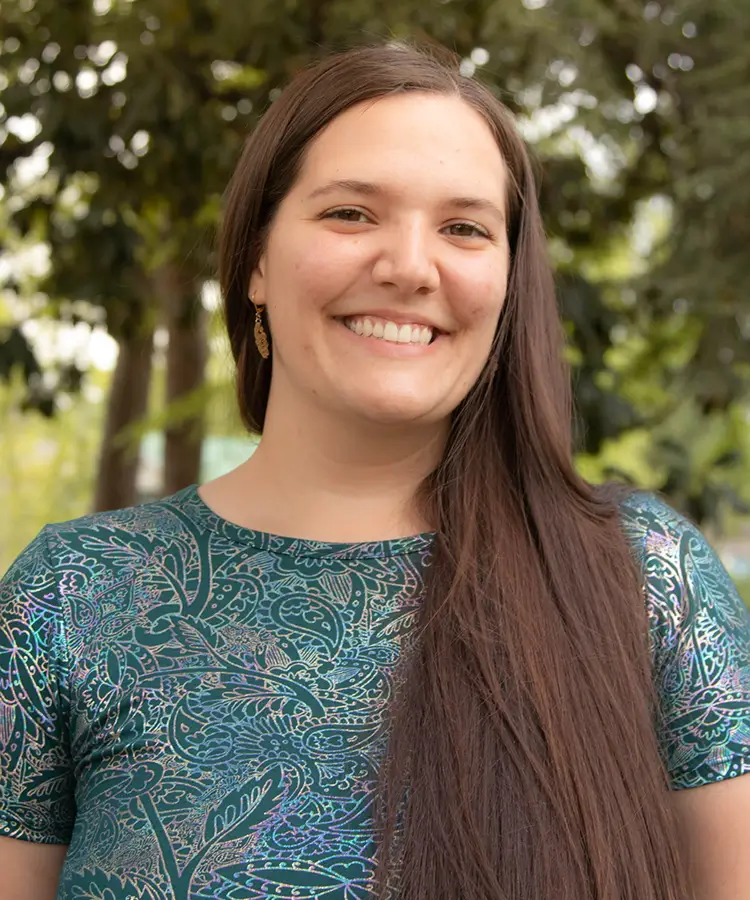
Haly Scott ’23
Currently: Pursuing master’s degree in Clinical Mental Health Counseling at UT-Knoxville
After graduating with her bachelor’s degree in Psychology (and Sociology), Haly is now pursuing her master’s degree. “Once I finish my master’s degree, I plan to work as a counselor in community mental health, with high-risk children and families, and obtain the required counseling supervision hours in order to apply for licensure as a professional counselor, with a mental health service provider (LPC-MHSP) designation,” she said.
Haly credits MC for also teaching her interpersonal, time-management, critical thinking and problem-solving skills. “With these, I feel confident in facing any challenge that arises, whether in my personal or professional life,” she said. She hopes to one day earn a doctorate in the mental health field after obtaining her LPC-MHSP designation.

